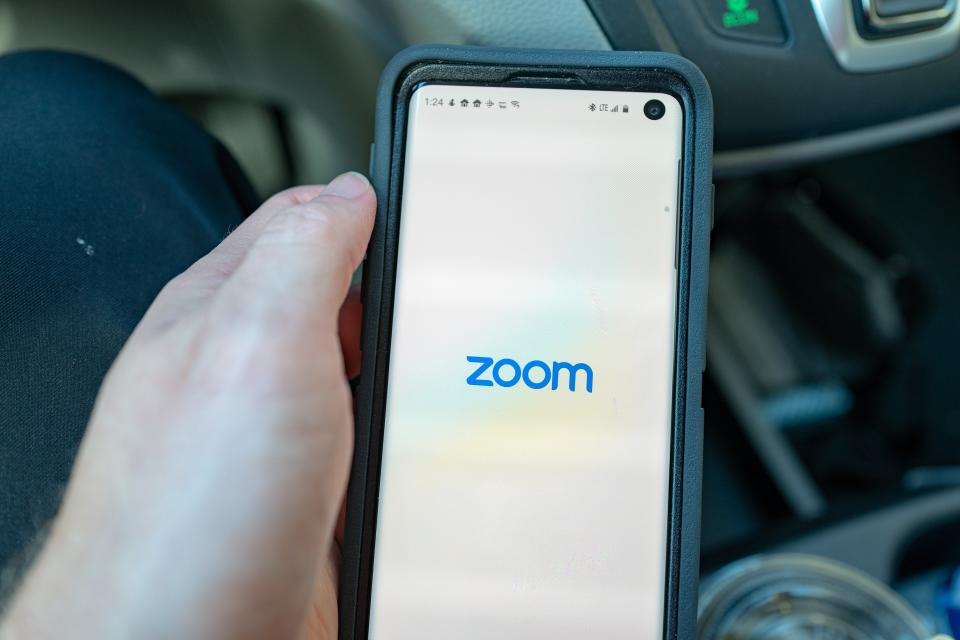Zoom boom costs UK workers 862 million hours of productivity

UK workers have lost about 862 million hours of productivity to “video call fatigue” since the end of March when the nation went into lockdown.
With working from home being the “new normal” for many workers, increased virtual meetings via tools like Zoom, Skype and Microsoft (MSFT) are giving Brits “fatigue,” costing them valuable hours of productivity, a survey of 2,000 by Bayfields Opticians & Audiologists found.
Since the UK went into lockdown to prevent the spread of COVID-19 on 23 March, the amount of time workers spend in virtual meetings has skyrocketed by 120% to now stand at three hours and 12 minutes every week.
On average, employees spend about 47 minutes preparing themselves — physically and mentally — for these meetings with colleagues, clients and other contacts, and once the call is over take about 18 minutes to get back into “work mode.” One in 10 workers even takes at least 30 minutes to feel productive again.
READ MORE: Office workers save £500 a month by working from home
As a result of this, Brits have lost about 56 working hours to unproductivity each over the last 22 weeks — 862 million hours across the nation, based on the amount of people who have worked over the period, the study found.
More than half of Brits think many of these video calls are completely unnecessary, as the matter could be dealt with more quickly and just as efficiently over the phone. Meanwhile, a third think virtual meetings could be much shorter.
In addition, nearly half (44%) of workers said they struggle to keep up with the conversation on a video call if there are too many people taking part — effectively rendering the meeting pointless anyway.
Two in five Brits complained that they don’t like it when other people have their cameras turned off. Unfortunately for them, a third (36%) said they avoid turning theirs on because they are “camera shy.”
READ MORE: Three in four UK business leaders predict office downsizing
The study also found the boom in virtual meetings is taking significant toll on Brits’ physical and mental well-being, with over half (54%) reporting insomnia, headaches, eye stain, anxiety or low moods that they attributed to increased use of video call technology.
“Using several tech devices throughout the day is common for most people, and this has proved even more prevalent during recent months during lockdown and remote working,” said Royston Bayfield, founder of Bayfields Opticians and Audiologists. “But using these for long periods of time can cause eye strain, neck tension and headaches, which can all lead to further physical, mental and emotional health and wellbeing problems.”
“Our eyes have to adapt as we move between different activities and screens due to peoples different working distances and viewing angles. This can lead to some of the discomforts we feel, as well as prevent us from carrying out the activity as effectively as possible.
“While some devices are crucial to us succeeding in our working lives, it’s important we find a solution to this challenge,” he added.

 Yahoo Finance
Yahoo Finance 